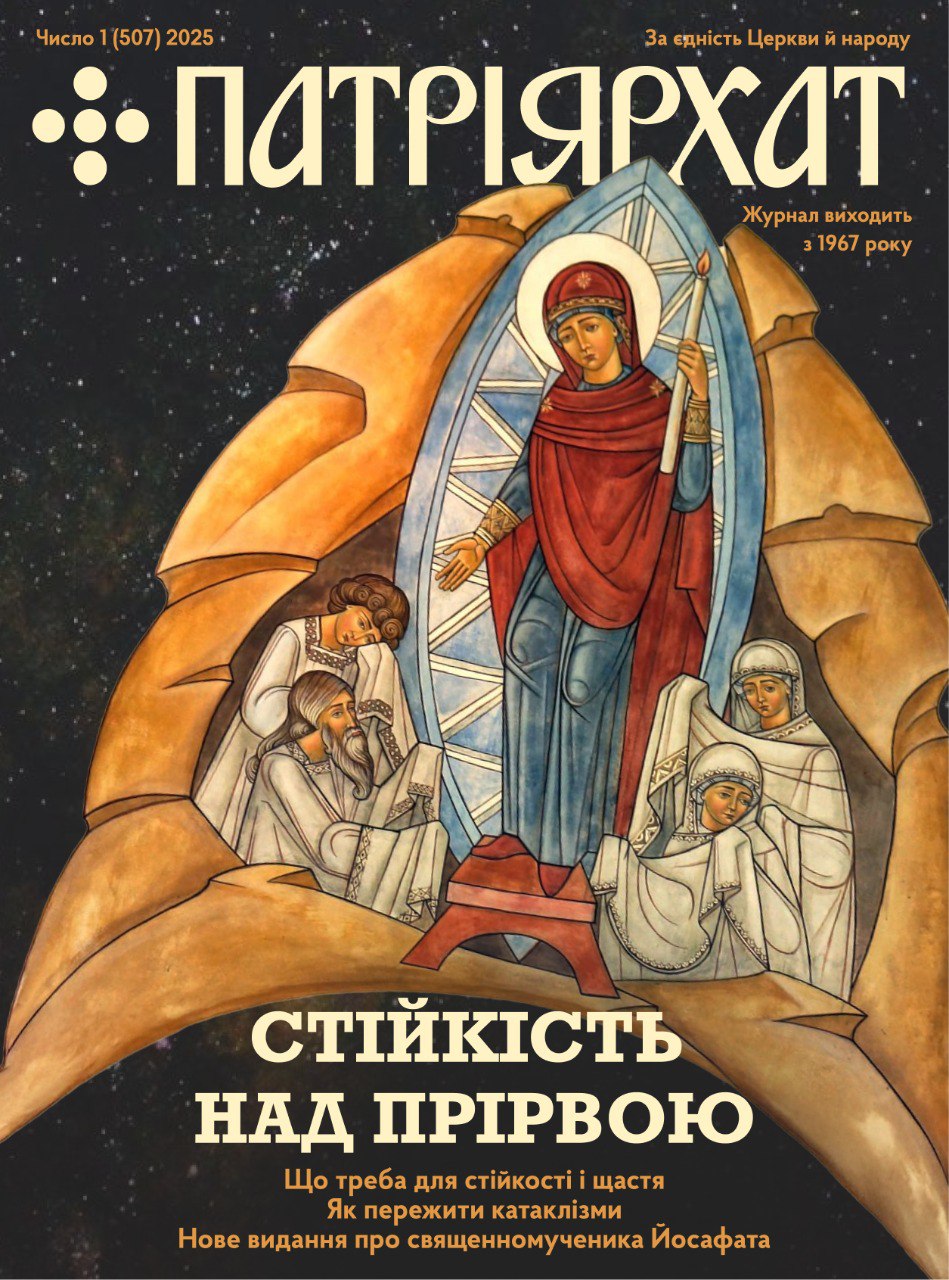His Beatitude Patriarch Maximos V Hakim
For immediate release
His Beatitude, Maximos V Hakim, Patriarch of Antioch and religious leader of a million Melkite Catholics throughout the world, has replied to statements of «a high Vatican source» concerning the ordination of married men as priests. After publication of an interview with the Patriarch and with Archbishop Joseph Tawail of the newly established eparchy (diocese) for American Melkite Catholics, the unnamed sources had insisted that the Eastern Catholic Churches are bound by the priestly celibacy regulations of the Roman Catholic Church.
The Patriarch replied that the position taken by these sources amounts to a repudiation of solemn assurances and undertakings made at the time of the Second Vatican Council by Pope Paul VI and the Catholic bishops and religious superiors who participated in the Council. Besides being seriously offensive to married priests of the Eastern Churches, both Catholic and Orthodox alike, it is an example of latinization of a minority by the majority, according to the Patriarch’s statement.
«The bishops of the Second Vatican Council were well aware of the different traditions and practices, and they clearly intended to respect the older, more venerable usages of the Eastern Churches—including the right, and the exercise of the right, to admit married men to the order of priests; I am completely satisfied that Pope Paul, who headed the Council, would not repudiate its sacred declarations and decisions. It is all the more tragic, especially for the integrity and honesty of ecumenical discussions with our Orthodox brothers and sisters, that lesser officials of the Roman Curia take these positions contrary to the Council. I hope that the Catholic bishops of the United States will publicly affirm the Council’s decree and respect the traditional rights of the Eastern Catholics and Orthodox of this country.»
The complete statement of Patriarch Maximos V is as follows:
The Second Vatican Council settled once for all the question of church law for the Eastern Churches. Paul VI and all the Fathers of the Council explicitly declared, «to remove any shadow of doubt, that the Churches of the East, keeping in mind the necessary unity of the whole Church, have the power to govern themselves according to their own discipline.» No distinctions were made to exclude the Western Church’s special law of priestly celibacy from this sweeping and deliberate affirmation, nor was there any restriction imposed upon Eastern Church faithful and clergy who live in the Western hemisphere.
The bishops of the Second Vatican Council were well aware of the different traditions and practices, and they clearly intended to respect the older, more venerable usages of the Eastern Churches—including the right, and the exercise of the right, to admit married men to the order of priests. In recommending ecclesiastical celibacy for the sake of the Kingdom of God, as the Eastern Churches themselves do, the Council was explicit that it did not intend «in any way to change the discipline which lawfully prevails in the Eastern Churches. It lovingly exhorts all those who have received priesthood after marriage to persevere in their second vocation and to continue to spend their lives fully and generously for the flock committed to them.»
I am completely satisfied that Pope Paul, who headed the Council, would not repudiate its sacred declarations and decisions. It is all the more tragic that lesser officials of the Roman Curia take positions contrary to the Council. It is gravely offensive to Catholic and Orthodox Christians alike when, by reason of its majority status, the Western or Latin Church attempts to impose its usage upon us. It is an example of latinization of a minority by the majority. It is disrespectful of the thousands of married priests, both Catholic and Orthodox, who lead their communities with just as great devotion and dedication to the Gospel as do celibate priests.
If it is ever necessary, in those regions where the numbers of Eastern Church members predominate, to have Latin bishops and priests to serve the Western Catholics in our midst, we would not think of requiring that they observe the Eastern discipline. The anonymous «high Vatican source» has been quoted as saying that the question of ordaining Eastern married men in the United States will concern «among others, the local bishops’ conference, and, of course, the Holy See.» I am assured by Archbishop Tawil, who is a voting member of the National Conference of Catholic Bishops, that the three hundred members of that conference have not in fact taken any action contrary to our Eastern practice of a married clergy. In fact, the New England Bishops participating in a conference on April 27-29, 1971 dealing with the question of priestly celibacy explicitly disclaimed any intention to interfere with the customary practices of the Eastern Churches in this regard. I hope that the Catholic bishops of the United States will publicly affirm the Council’s decree and respect the traditional rights of the Eastern Catholics and Orthodox of this country.
It has been an occasion of great joy that the Melkite Church in the United States, hitherto considered an apostolic exarchate with restricted status, is now an eparchy or diocese, attached, according to the formal decree of the Second Vatican Council, to the hierarchy of the patriarchate. This means that Archbishop Tawil has full standing, representing the Melkite Church of the United States, in the patriarchal synod and is in full communion, through the Patriarch and with the other bishops of our Church, with the Apostolic See of Rome.
I pray that all will respect the rights and traditions, which are not concessions or privileges at all, of longstanding in the Eastern Churches.

